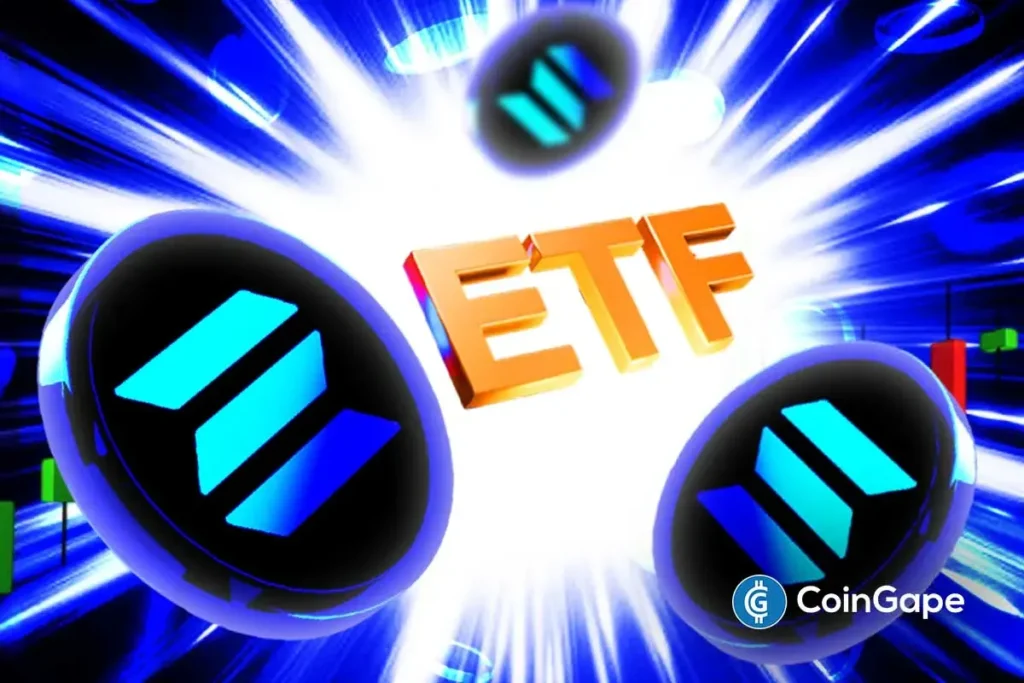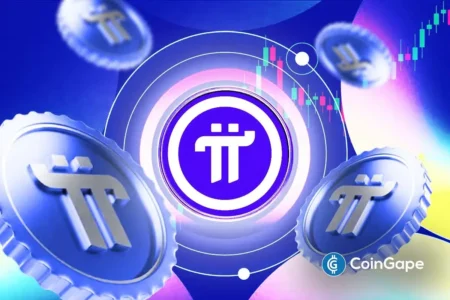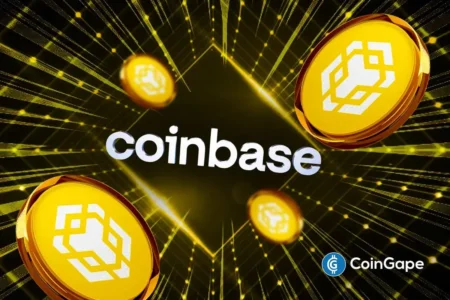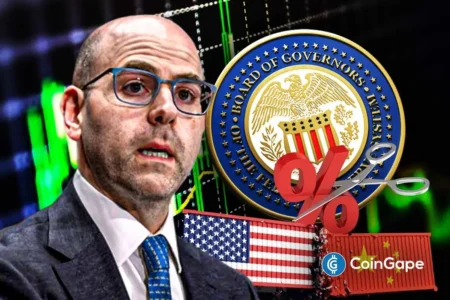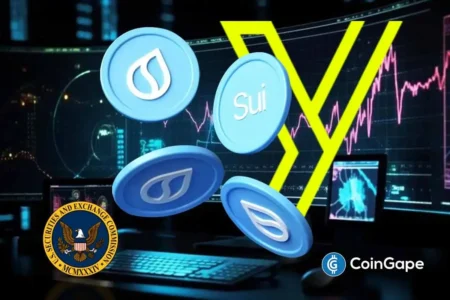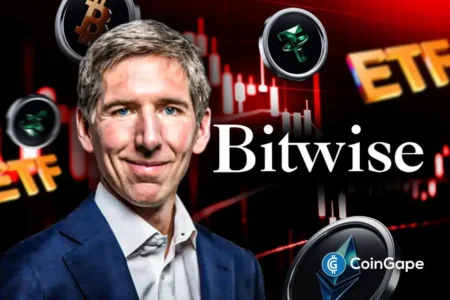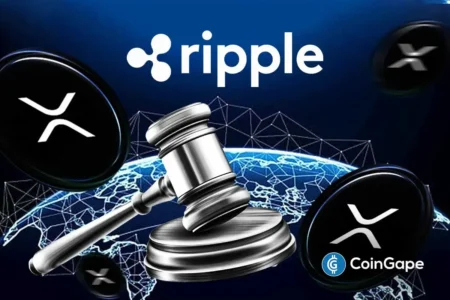VanEck Moves Forward with Spot Solana ETF Amidst Regulatory Challenges
In a significant development for cryptocurrency investments, VanEck has filed the fifth amendment for its much-anticipated spot Solana ETF (VSOL) with the U.S. Securities and Exchange Commission (SEC). This filing introduces a competitive management fee of 0.30% and sheds light on the ETF’s innovative staking policy. By combining price tracking with regulated staking mechanisms, VanEck aims to create a unique investment vehicle that could reshape the landscape for digital asset funds in the United States.
A Hybrid Structure for Enhanced Returns
The VSOL ETF is designed to reflect the price performance of Solana (SOL) while also seeking to enhance returns through staking activities. This hybrid structure marks a groundbreaking move in the digital asset fund industry, as it aims to leverage the advantages of both price tracking and yield generation. By partnering with established third-party staking providers, including SOL Strategies, VanEck plans to manage Solana delegation effectively to maximize yields.
These third-party providers will be selected based on performance, uptime, and adherence to regulatory standards, ensuring that the ETF operates within a safe and efficient framework. VanEck recently expanded its staking initiative by also filing for a staked Hyperliquid ETF, positioning itself as a forward-thinking player in the digital asset market, with a potential HYPE listing on Coinbase on the horizon.
Building a Robust Staking Model
One of the standout features of VanEck’s staking model is its comprehensive liquidity risk policy. This policy is designed to facilitate the capacity for redemptions during volatile market conditions. VanEck has established a 5% buffer to minimize any unbonding barriers that may hinder investors from redeeming their funds swiftly. Typically, the unbonding process can take two to three days in the Solana network, and this policy aims to reinforce investor confidence amidst market fluctuations.
Annual reviews of the staking policy will allow VanEck to adjust allocations as necessary, preserving market efficiency and aligning contributor incentives with the fund’s goals. The measures adopted signify VanEck’s commitment to providing a fluid and responsive ETF structure that can adapt to the evolving and often unpredictable cryptocurrency landscape.
Partnering with Trusted Custodians
To ensure a secure and regulated environment, VanEck has engaged Gemini Trust Company and Coinbase as custodians for the Solana ETF. These entities will be responsible for storing the fund’s Solana holdings in an insured manner, bolstering investor trust in the stability and integrity of the ETF. The custodial arrangement aims to provide a solid foundation for the fund, reinforcing its operational framework while allowing for seamless asset management.
VanEck has also indicated a willingness to consider introducing liquid staking tokens (LSTs) into the fund’s framework, contingent upon regulatory approval. This move reflects VanEck’s focus on gradually transitioning toward tokenized yield instruments that align with SEC guidelines, demonstrating its proactive approach to evolving investment strategies in the crypto space.
Competitive Fee Structure and Market Position
One of the most appealing aspects of the VSOL ETF is its unified 0.30% sponsor fee, which encompasses all operating expenses outside extraordinary legal or regulatory costs. This low-cost strategy positions the ETF as one of the most competitively priced digital asset offerings in the market, comparable to VanEck’s Bitcoin ETF. Such a pricing model could attract a wide range of investors, particularly those looking for affordable access to the growing Solana ecosystem.
As the crypto economy continues to expand, having a cost-effective solution like VSOL will likely resonate well with retail and institutional investors alike, providing a platform for growth amid a burgeoning market.
Navigating Regulatory Uncertainty
Despite the detailed submission by VanEck, the approval process faces significant challenges due to ongoing regulatory uncertainty, particularly in light of the U.S. government shutdown. According to analysts, there is currently no established deadline for the SEC to approve or reject the ETF application, as operations have effectively been paused. Bloomberg’s James Seyffart mentions that the general listing standards (GLS) framework allows exchanges like Cboe BZX to list crypto-based ETFs without requiring direct SEC approval, but staff shortages due to the shutdown delay procedural updates and clarifications from the SEC.
This uncertainty leaves both investors and industry observers in a state of suspense regarding the future of Solana ETFs and the broader market. Until the government resumes normal operations, any progress in the approval process is likely to be stalled, grimly impacting the timeline for potential market entry.
Conclusion: Future Prospects of Solana ETFs
In conclusion, VanEck’s proposed spot Solana ETF (VSOL) could represent a pivotal moment in the evolution of cryptocurrency investment vehicles, particularly with its focus on innovative staking solutions and competitive pricing. While regulatory hurdles and uncertainties loom, the interest in products like VSOL illustrates a progressive movement within the marketplace. Investors might be eager to keep close tabs on VanEck’s developments, hoping for timely SEC approvals that could open the floodgates for further cryptocurrency investment options. As the industry continues to mature, the success of VSOL may serve as a benchmark for the future of digital asset ETFs in the United States.


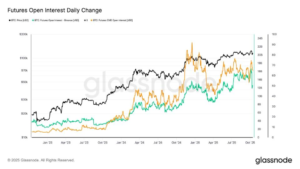
![Plasma [XPL] Soars 21% Following DeFi Partnerships, but THIS Factor Could Halt Its Momentum!](https://cryptonewsinsiders.com/wp-content/uploads/2025/10/Lennox-1-4-1000x600-300x180.png)



